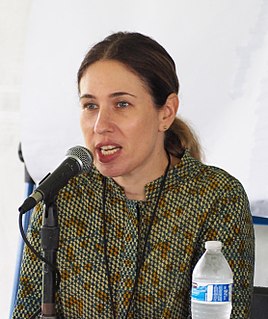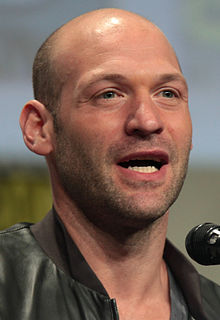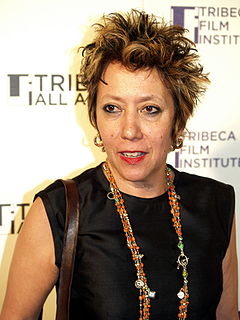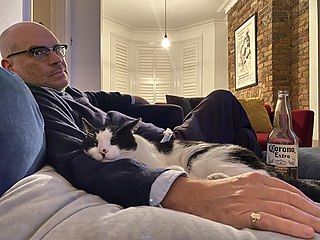A Quote by Rebecca Serle
At its best, writing is a dialogue. It's one of the things I love about children's: the fact that this dialogue is really there from the get-go, from the start of writing.
Quote Topics
Related Quotes
When I first started writing plays I couldn't write good dialogue because I didn't respect how black people talked. I thought that in order to make art out of their dialogue I had to change it, make it into something different. Once I learned to value and respect my characters, I could really hear them. I let them start talking.
The way you write dialogue is the same whether you're writing for movies or TV or games. We use movie scriptwriting software to write the screenplays for our games, but naturally we have things in the script that you would never have in a movie script -- different branches and optional dialogue, for example. But still, when it comes to storytelling and dialogue, they are very much the same.
When I'm writing a script, before I can write dialogue or anything, I have two or three hundred pages of notes, which takes me a year. So, it's not like "what happens next." I've got things that I'm thinking about but I don't settle on them. And if I try to write dialogue before then, I can't. It's just garbage.
I like Quentin Tarantino, especially the early films, but I'm a big fan of Billy Wilder and Preston Sturges... you know, people were writing great dialogue back then. It's as if people only have the memory of the last 15 years. So, before Tarantino no one was writing witty dialogue? That's ridiculous. Why do we have to keep referring to Tarantino?





































